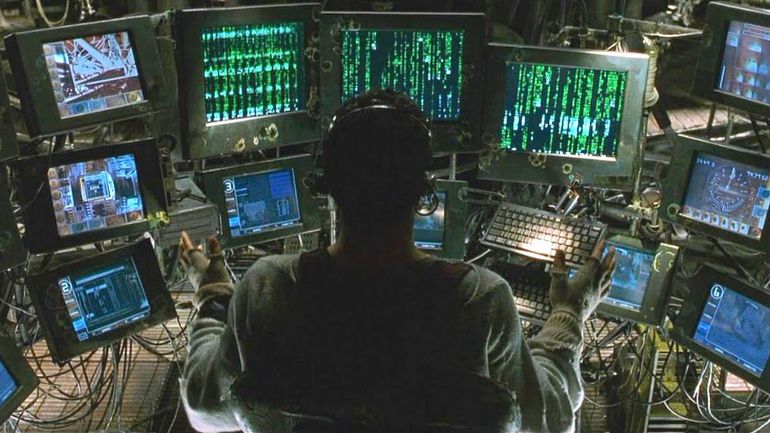PewResearch on the future of free speech, trolls, anonymity and fake news online

To illuminate current attitudes about the potential impacts of online social interaction over the next decade, Pew Research Center and Elon University’s Imagining the Internet Center conducted a large-scale canvassing of technology experts, scholars, corporate practitioners and government leaders. Some 1,537 responded to this effort between July 1 and Aug. 12, 2016.
Many experts fear uncivil and manipulative behaviors on the internet will persist – and may get worse. This will lead to a splintering of social media into AI-patrolled and regulated ‘safe spaces’ separated from free-for-all zones. Some worry this will hurt the open exchange of ideas and compromise privacy.
The report presents a brief overview of the most evident themes extracted from the written responses, including a small selection of representative quotes supporting each point:
Theme 1: Things will stay bad because to troll is human; anonymity abets anti-social behavior; inequities drive at least some of the inflammatory dialogue; and the growing scale and complexity of internet discourse makes this difficult to defeat.
Theme 2: Things will stay bad because tangible and intangible economic and political incentives support trolling. Participation = power and profits.
Theme 3: Things will get better because technical and human solutions will arise as the online world splinters into segmented, controlled social zones with the help of artificial intelligence (AI).
Theme 4: Oversight and community moderation come with a cost. Some solutions could further change the nature of the internet because surveillance will rise; the state may regulate debate; and these changes will polarize people and limit access to information and free speech



